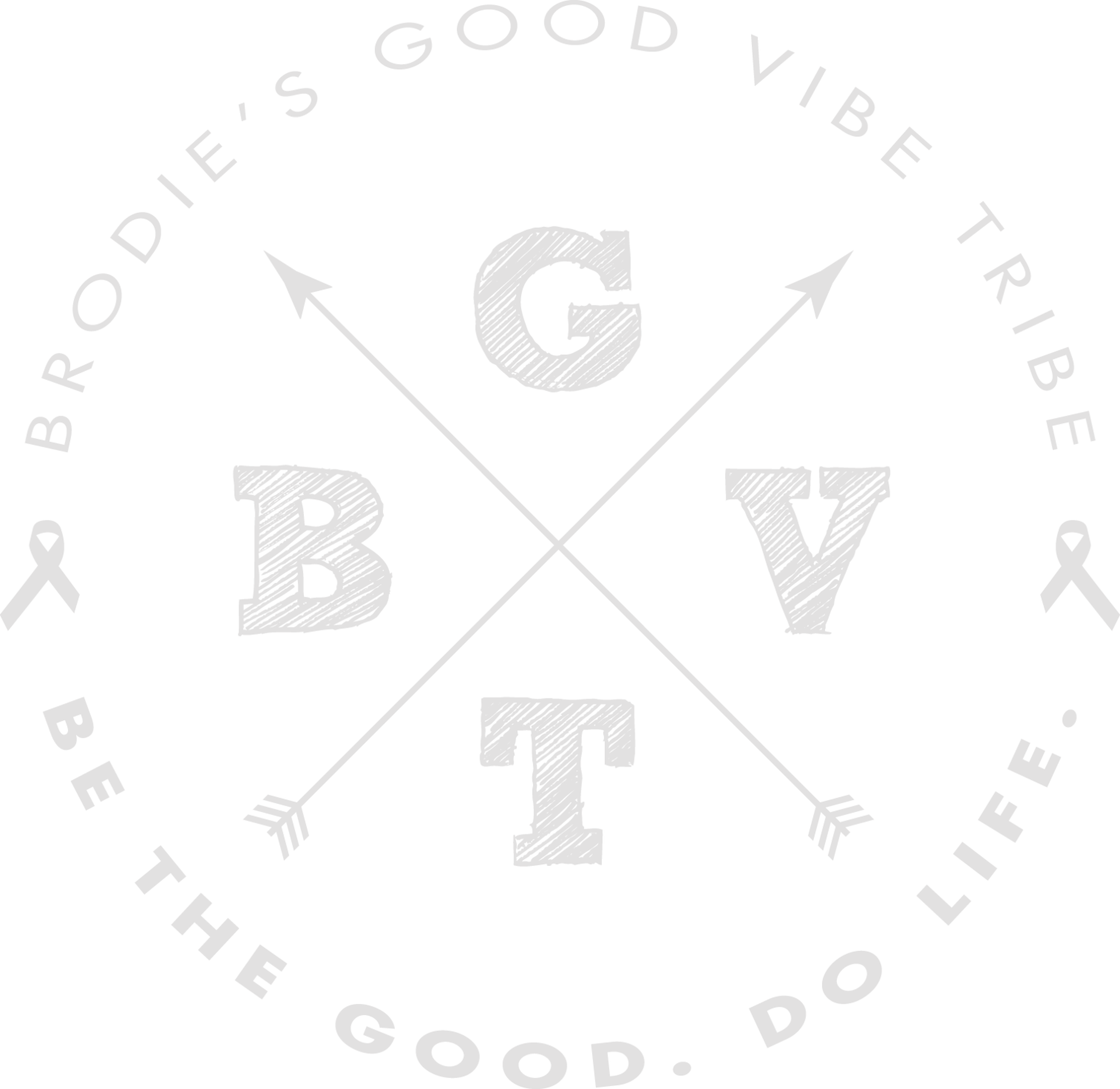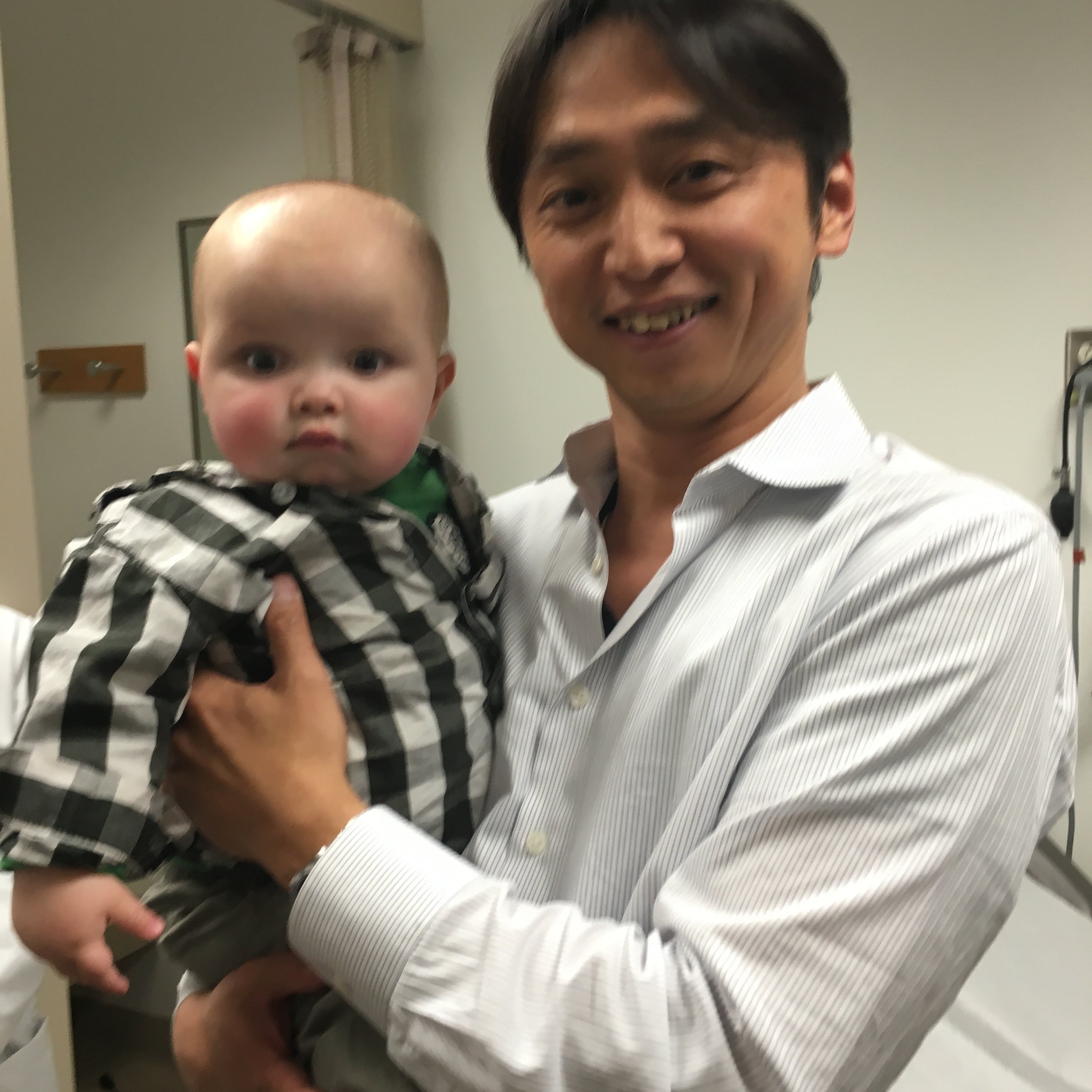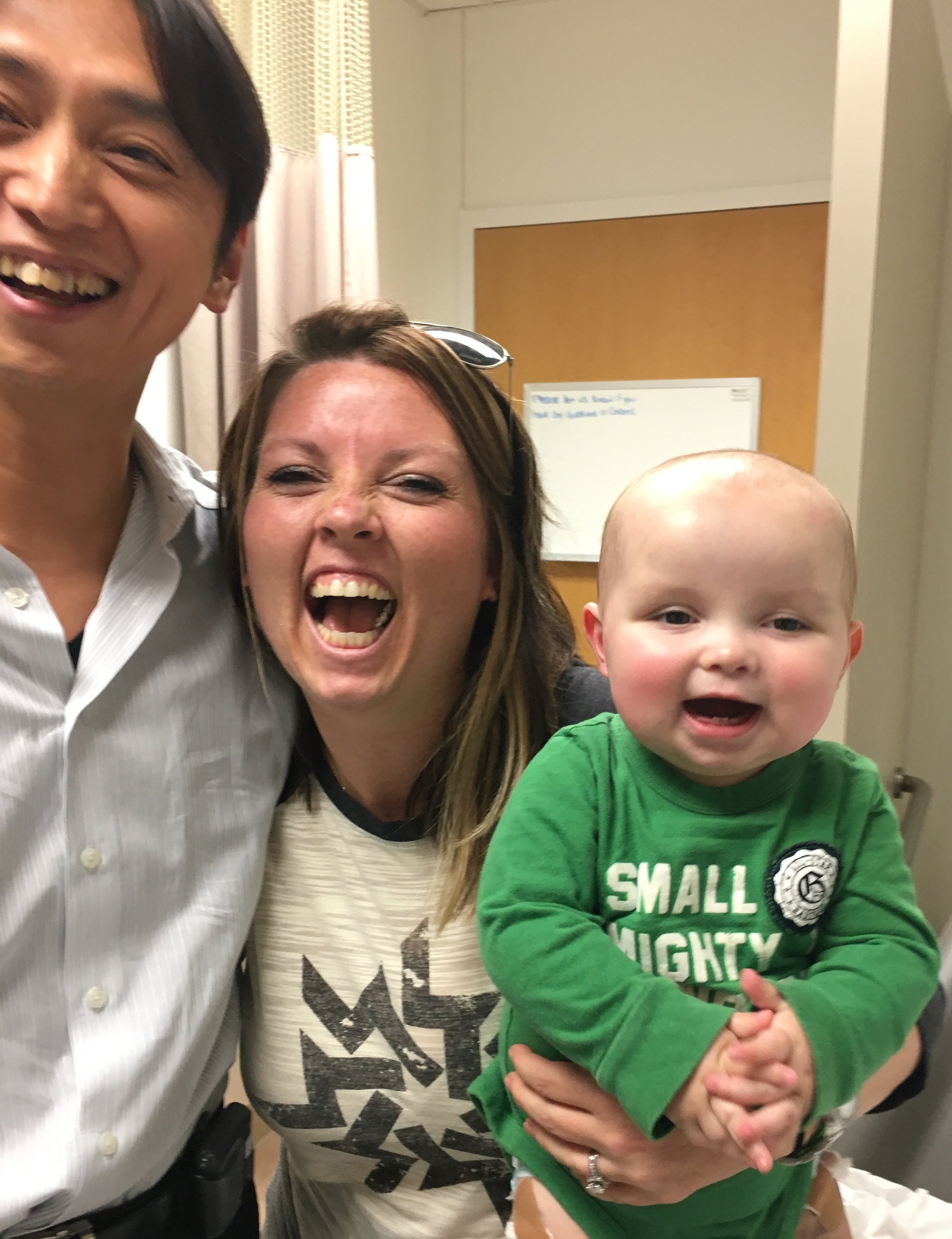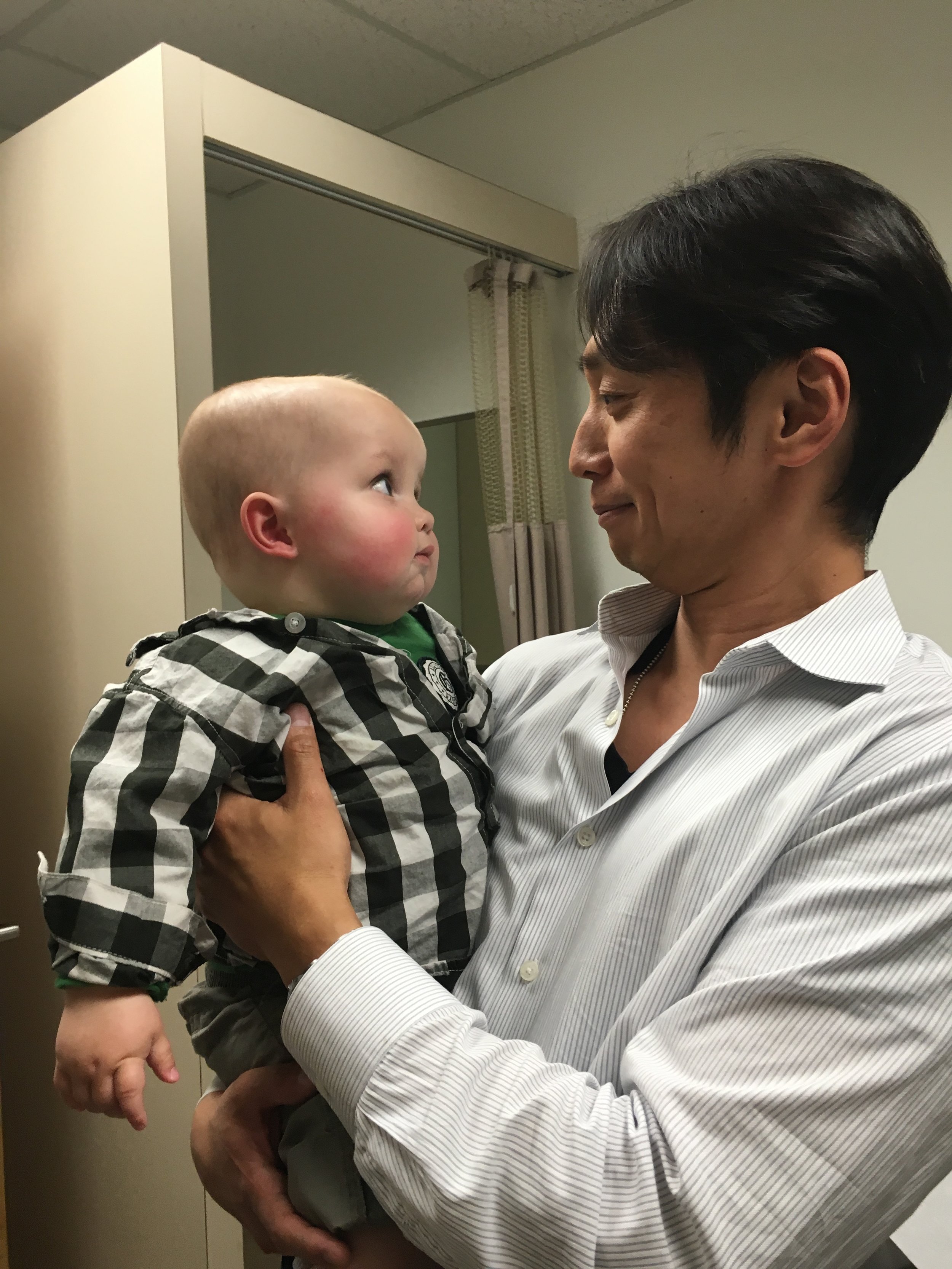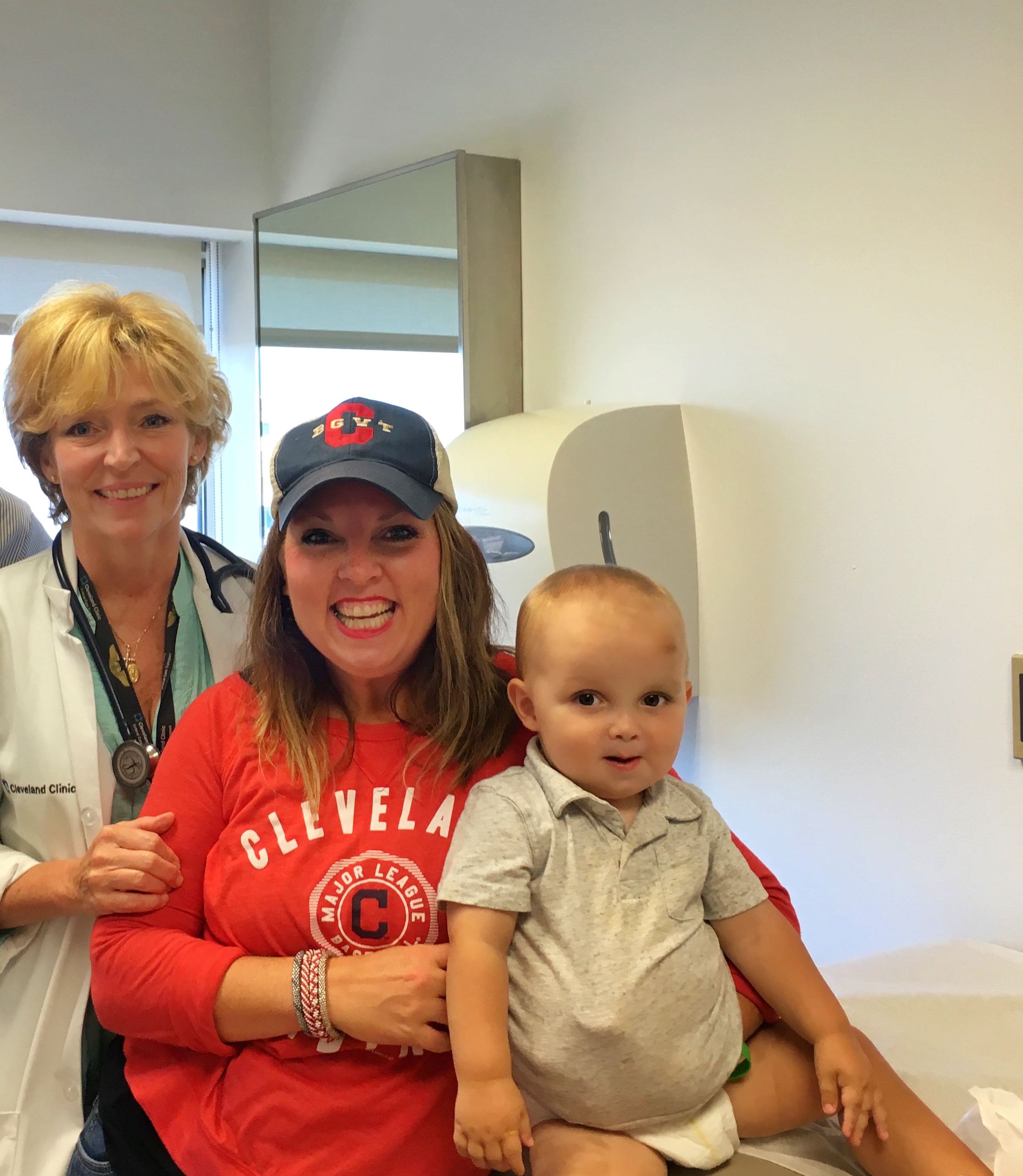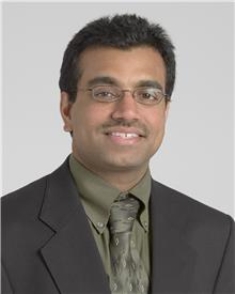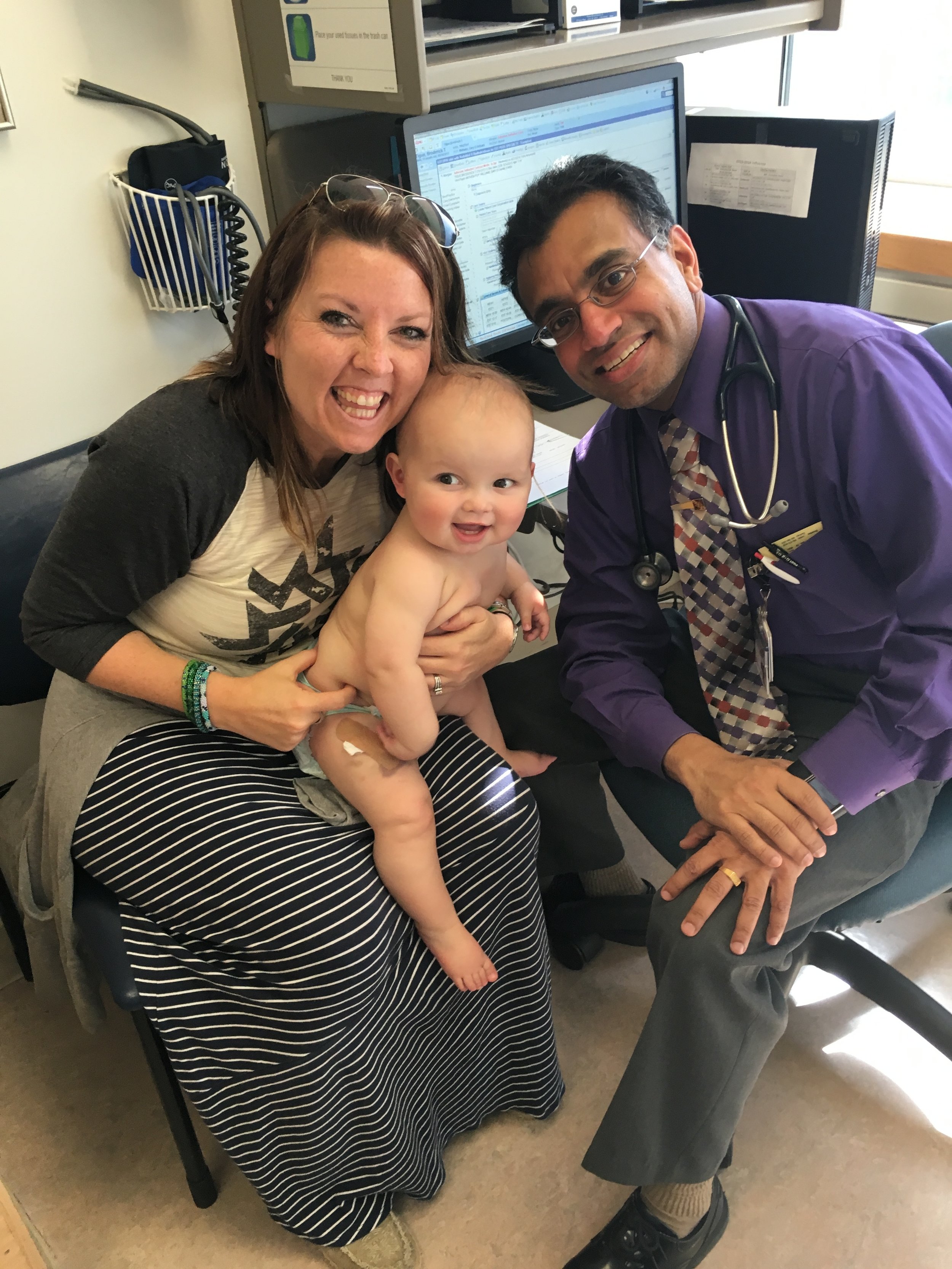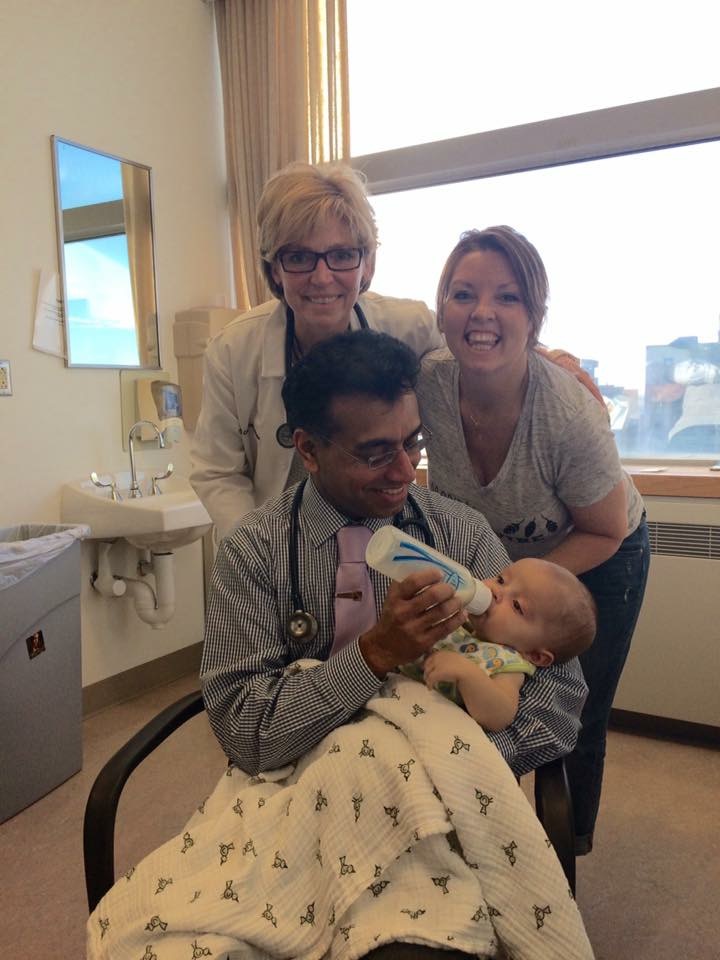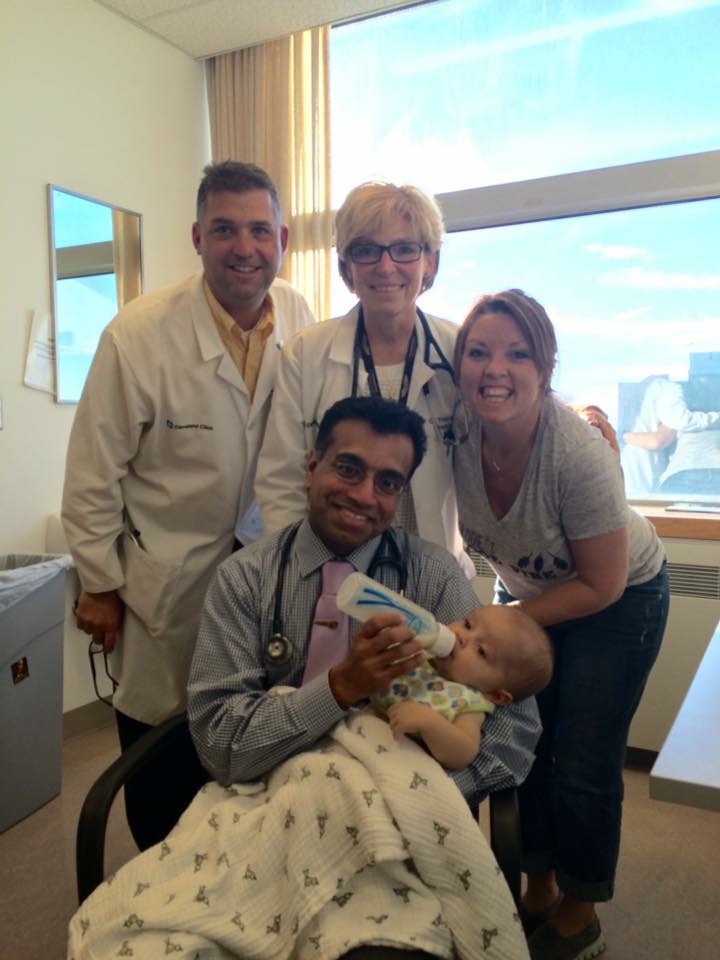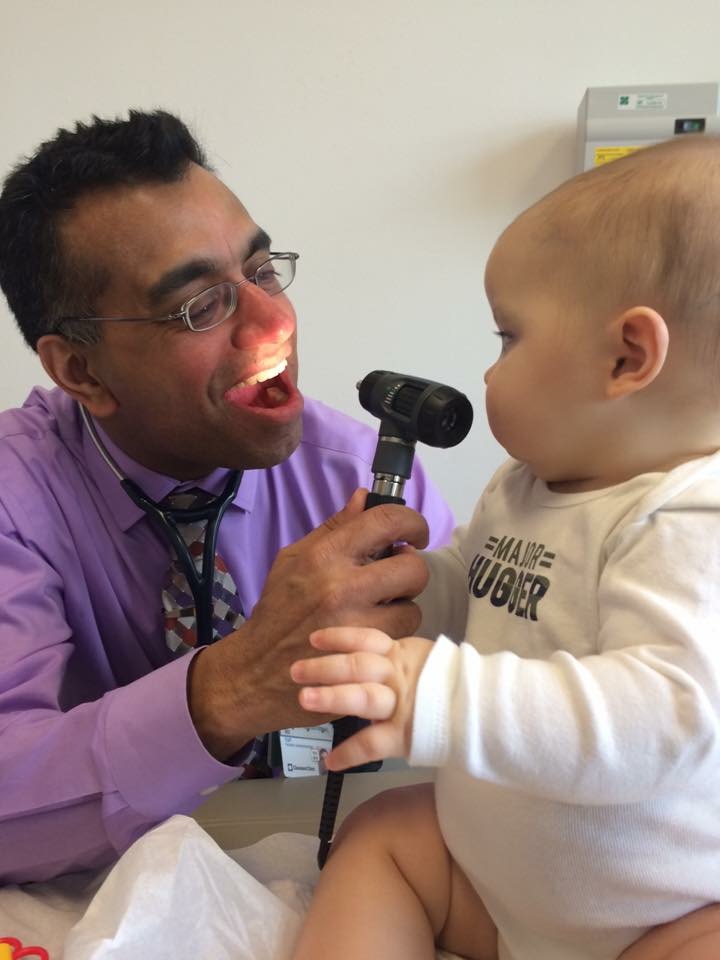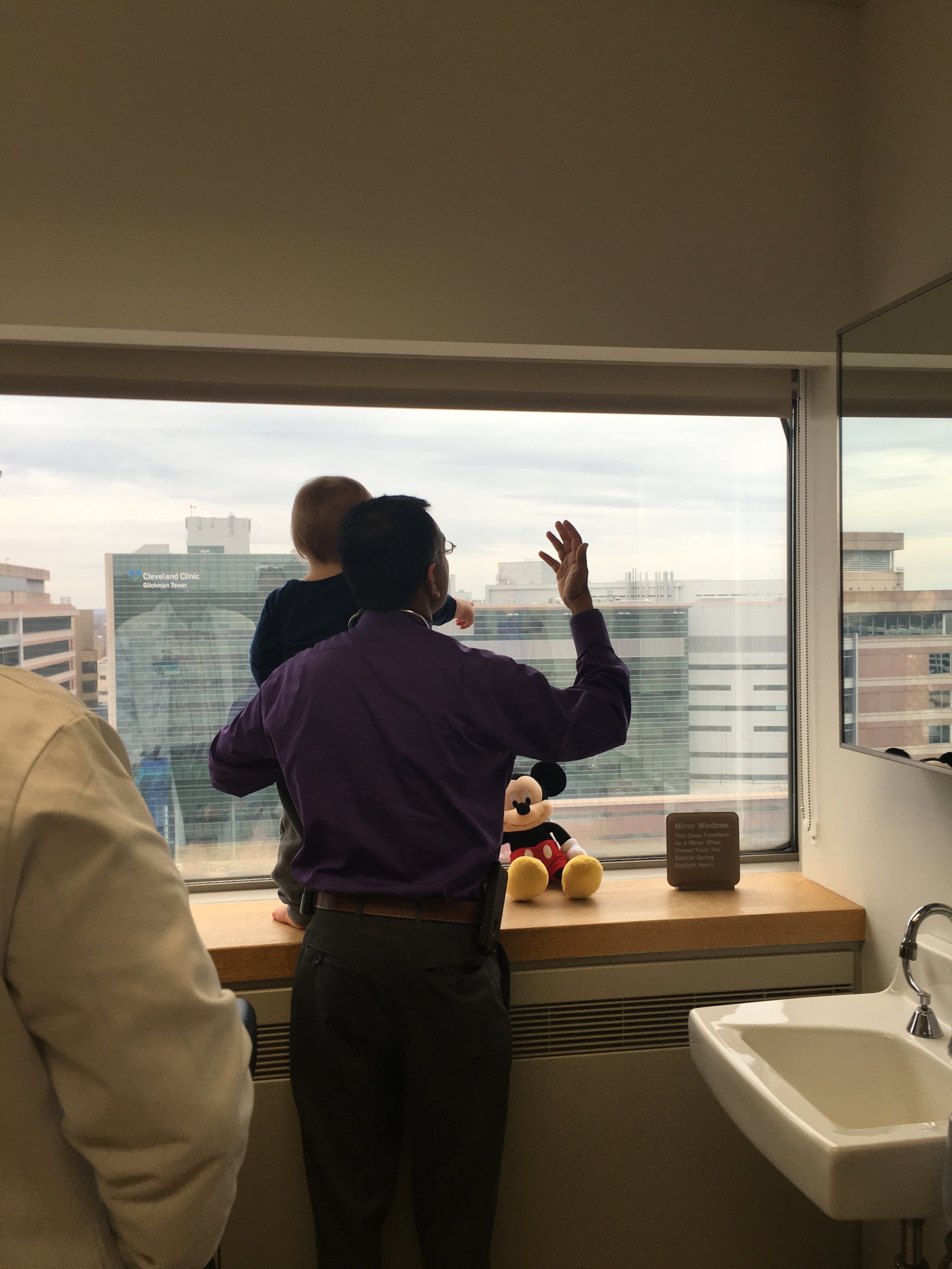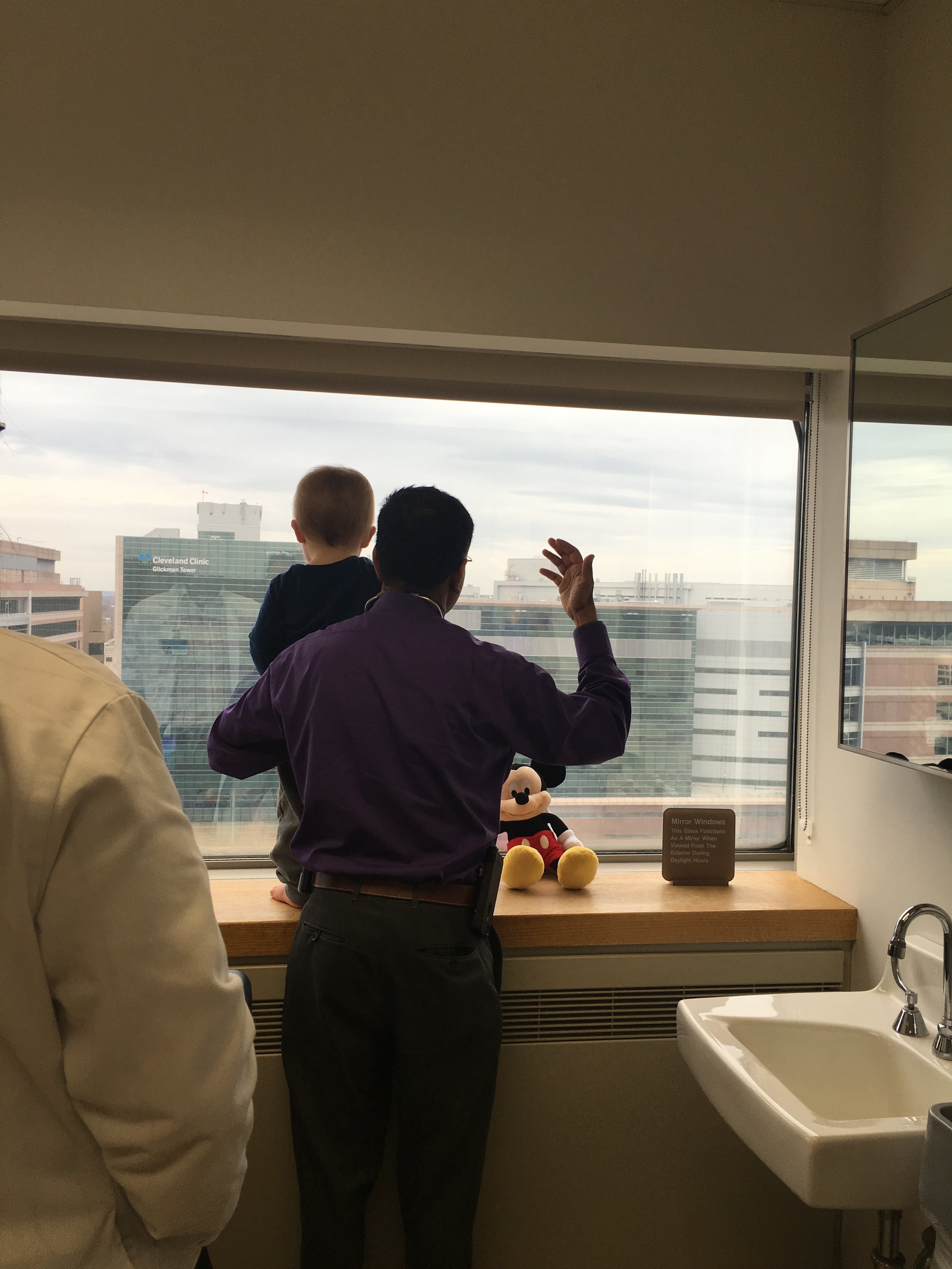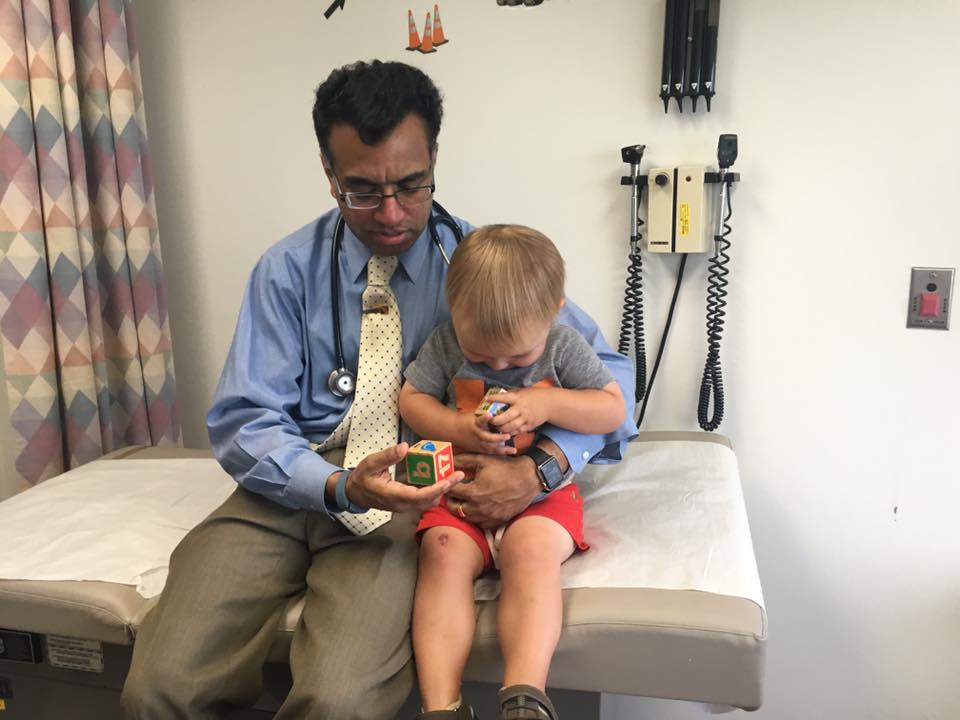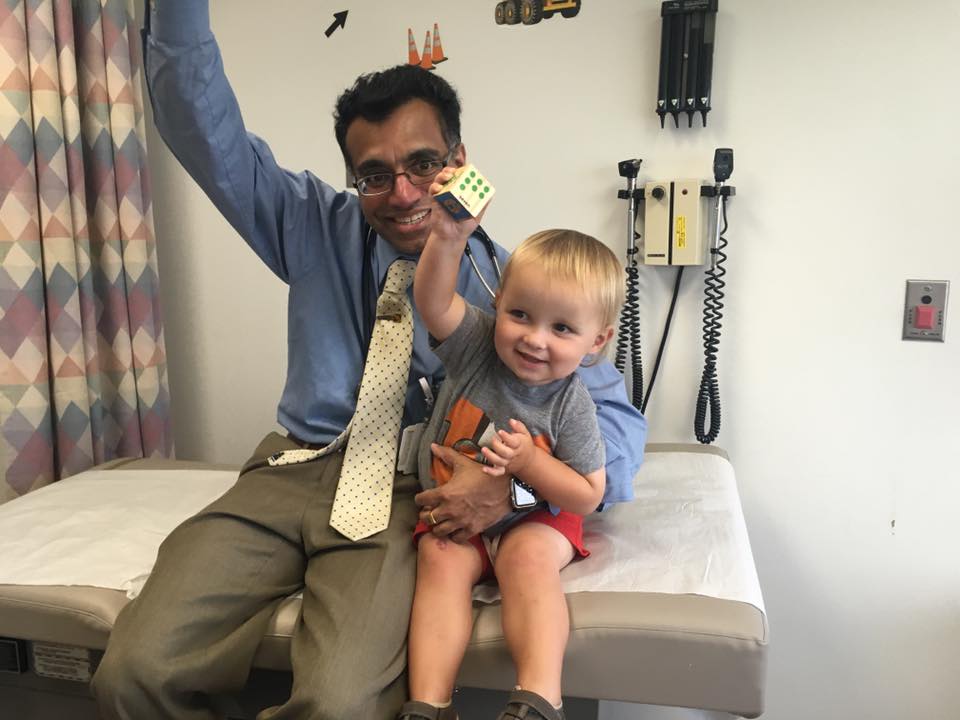Medical Heroes
Heroes are people who transform compassion into heroic action. In doing so, they put their best selves forward in service to humanity.
I think there are everyday people in our lives - we know that they are heroes for what they have done, what they currently do, what they are aspiring to be.
They walk amongst us every day. They are everywhere.
You have to stop and really pay attention to what is going on around you - because sometimes these heroes are so unnoticeable, so under the radar, so undetected that if you do not realize in real time how they are impacting you - you may never have the chance to tell them how amazing they are. Or help them understand why they are so important. Or just smile at them. Or just say - thank you.
During our journey we have been overwhelmed by the amount of people it has taken to get our warrior Brodie to be on his path to the good healthy life and every single family who goes through this journey has the same heroes in their life.
All of these people are our heroes and they selflessy give and dedicate themselves to medicine. Our Medical heroes and yours will always be part of Brodie's Good Vibe Tribe and for them and their talents we will be forever grateful.
Dr. Koji Hashimoto
Name: Koji Hashimoto
Title: M.D., Ph.D., Associate Professor of Surgery, CCLCM Cowan Family Endowed Chair in Living Donor Liver Transplant
Education: Kyushu University School of Medicine in 1995 (MD), Kyushu University Graduate School of Medical Sciences in 2001 (PhD)
Hospital: Cleveland Clinic
Department: Liver Transplant, General Surgery, Digestive Disease & Surgery Institute
Fun Fact: Voted one Cleveland Magazines Most Interesting People
Dr. Hashimoto's Story
Every doctor has their “why.” The “reason” that led them to become a doctor and the “thing” that gets them through the long hours and hard work.
For Dr. Koji Hashimoto, his “why” is simple - a patient’s smile.
“This fuels me every day and makes me feel strong to go for next surgery,” Hashimoto says. (A typical transplant surgery is 8-12 hours).
He also says he was “born to be a doctor.” He made that decision at a very young age when he became fascinated with a book about the human body. The decision about what kind of doctor he would become, though, didn’t come until later.
“When I was a freshman in my medical school, I read a book about the first living donor liver transplant in Japan,” Hashimoto says. “This was the most important book I have ever read, which struck me to change my life. That was the moment I decided to be a transplant surgeon.”
The medical field, specifically the Cleveland Clinic where he works, is a better place as a result of his decision. Hashimoto has spent the last decade researching how to split a donor liver in order to saves two lives from one liver.
“Transplant is very mysterious,” Hashimoto says. “As soon as a new liver gets blood supply back in a recipient, donor immune cells residing in the new liver migrate into the recipient blood circulation and stay in the entire body forever. Since the beginning of my career, this phenomenon has been attracting me and this is why I am doing both clinical practice and research.”
The life of a surgeon includes days that are long and gruelling - he doesn’t have a lot of free time. Hashimoto is also a husband and father of two so when he has free time he enjoys being with his family and, occasionally, he enjoys watching movies and the Cleveland Cavaliers. “But I usually fall asleep,” he says.
“Transplant is a lifetime commitment,” Hashimoto says. “Choose the right team and right doctors who make you feel confident in your complex transplant care. Come to Cleveland Clinic!”
Cathleen M. Tichy-Dreher
Title: CNNP-Certified Neonatal Nurse Practitioner, CPNP-Certified Pediatric Nurse Practitioner
Hospital: Cleveland Clinic
Department: Pediatric Liver/Intestine Transplant
Fun Fact: Loves animals and would like to volunteer at a pet rescue
Tichy's Story
When a parent hears the words, “your child is going to need a transplant to survive,” their world comes to a screeching halt and the walls start to close in around them.
Parents are left with questions about what comes next and what needs to be done to save their child.
Having a kind, compassionate medical professional by their side to guide them through the process, answer their questions, and offer support, is a critical part of the journey.
That is the role Cathleen M Tichy-Dreher, or “Tichy” as she is called, serves for patients and families at the Cleveland Clinic.
A wife and mother of four, Tichy knows the depth of a parent’s love for their children and uses this to offer compassion to families while she coordinates their care during this difficult time.
“I function in collaboration with the transplant surgeons on pediatric patients involved with both liver and small bowel transplant,” Tichy says. “I treat the child and parents the way I would want my family treated navigating a complicated medical situation.”
When a child is referred by a gastroenterologist, they first meet with a surgeon and Tichy for the evaluation process. This process includes a series of evaluations and tests to determine if transplantation is the best option for the child.
“If it is determined the child will be transplanted, my role is to be an extension of the eyes, ears, and hands of all the team members involved in the transplant,” Tichy says “I have always enjoyed working with surgeons and found this is one of the most compassionate groups I’ve ever worked with. Our surgical transplant team works as a family to care for the child.”
As a child and their family prepare for the transplant, there is frequent communication with Tichy. She provides updates throughout the transplant and keeps in contact during the critical time after the surgery.
“When your child is in my care, I am only a text message away from your next question or concern,” Tichy says.
And she means it.
It is a unique situation to meet a child when they are at their weakest and then watch them come to life after their transplant. This is what drives Tichy in her role.
“My ‘why’ is the satisfaction I get from meeting a child in the worst time of their illness, caring for them as they are transplanted with a new organ. and witnessing them restart their new life,” Tichy says. “I see parents who are crying, their eyes asking me to help their child, evolve to watching videos emailed to us of that child playing and laughing in their own backyard again.”
Recently she came across a gentleman who she cared for when he was a premature baby in the Neonatal Unit. Now, decades later he was thriving as an adult and a recent newlywed.
Medicine paired with extraordinary care allows those “full circle” types of life stories to happen. Tichy’s commitment to her patients’ care is every parent's best-case in their worst-case-scenario. Children are better when they are in her care and the Cleveland Clinic is world class because they have caretakers like her.
Dr. Kadakkal Radhakrishnan
Name: Kadakkal Radhakrishnan, MD
Title: Pediatric Hepatologist
Education: Leicester General Hospital, London (Medical School), University of Kerala, Kerala (Medical School), Government Arts College Trivandrum, India (undergraduate)
Hospital: Cleveland Clinic Children’s
Department: Pediatric Gastroenterology
Dr. Radhakrishnan's Story
Dr. Kadakkal Radhakrishnan works a lot. But when he isn’t working, he loves to read.
“Nerdy stuff about medicine, history, science, etc.,” he says.
His favorite food is Sushi and he is an avid runner, frequently running in half marathons. He has completed 23 races. But his most proud accomplishments haven’t taken place in races or ended with medals but rather in the operating room.
He is a Pediatric Hepatologist, a doctor who specializes in liver disease in children, at the Cleveland Clinic.
“I manage the care of children who are getting ready for liver transplant and manage their medical needs post-transplant with the Pediatric Liver Transplant surgeons,” Radhakrishnan says.
He entered the field of organ transplantation because, in his words, “he loves the liver!” But his reason for doing what he does goes much deeper than that.
“It is very gratifying to see children do well after transplant,” Radhakrishnan says. “I feel humbled that we can offer an option to improve the life a child. In my case, a liver transplant!”
One memory that stands out from his career happened 10 years ago when a boy came to him with liver failure.
“He deteriorated quickly and his uncle was found to be a suitable living donor,” Radhakrishnan says. “Our surgeons were able to transplant him three days after he came to us and he has done well since then.”
Radhakrishnan still follows that young man’s story, an example of how deeply he cares about his patients.
“He is active and doing well in school.”
Radhakrishnan has seen the highs and lows that come from the transplant process but he knows that in the end, it is worth it. He encourages anyone going through it to stay strong.
“The build up to the transplant can be frustrating,” he says. “The process during and after transplant can be exhausting! But it gets better as the days go by.”
If you are ever looking for Dr. Radhakrishnan, you can probably find him either running outside or running along side his patients, celebrating the highs and helping them maneuver through the lows. He is there for the long haul - 5, 10, 15 years later, he is still with his patients making sure they are okay and loving their liver.
